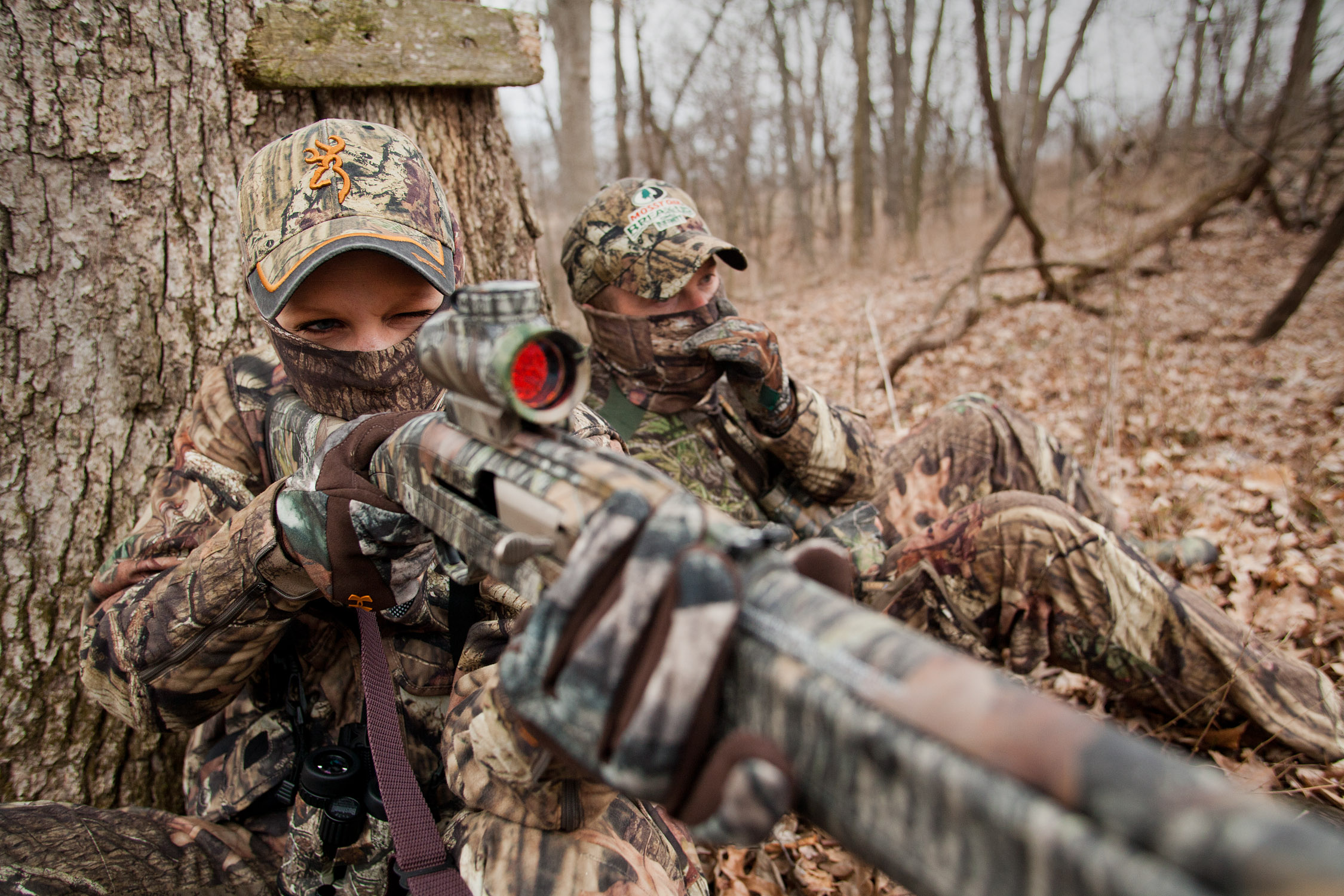Although it still feels like summer in South Carolina, currently where I live, fall is approaching quickly, and with it, hunting season. Plenty of people are undoubtedly counting down the days until September 5, when deer hunting begins in some areas. Once hunting starts, though, someone will probably write an editorial arguing that hunting should be banned because it’s inhumane.
For full disclosure, I’ll mention up front that my dad has gone hunting a few times, and that my brother showed up for one Thanksgiving with half of a partially-processed deer that he and a friend had shot. Eating the quail my father shot and the venison my brother shared are the only two times I remember eating game, and honestly, it wasn’t that different from eating the store-bought meat my family has at every dinner. I’ve never been hunting and I suspect I wouldn’t enjoy it, but I believe there’s no reason all hunting should be illegal. Poaching and deliberately allowing animals to suffer are immoral, but since not all hunters commit those wrongs, banning hunting indiscriminately isn’t the best way to solve those problems.
If you don’t believe in eating any meat at all, you probably won’t agree with me. If you usually eat meat, though, and only draw the line at game, I hope my reasons for supporting hunting will persuade you as well. My reasons are two-fold: I don’t think common arguments against hunting are convincing, and I do think hunting can actively benefit human society and the environment.
One popular anti-hunting argument is that most hunters don’t need to hunt for food. An essay published by the animal-rights organization People for the Ethical Treatment of Animals (PETA) used that argument to support their claim that hunting isn’t just cruel, but unnecessarily cruel. It’s true that grocery stores contain all the meat anyone needs, but there are good reasons to prefer game meat to domestically-raised meat. It has most of the qualities health-conscious foodies look for: free-range living conditions, organic diet and practically no carbon footprint. You can guarantee that the animal was never dosed with antibiotics or artificial growth hormones, and its meat even has a lower fat content than commercially-raised meat.
Someone could counter-argue that food isn’t a valid reason because some hunters don’t eat the meat. Why should throwing away game be more objectionable than throwing away any other meat, though? No one says someone shouldn’t buy groceries because he didn’t eat his now-expired food from last week. Wasting game is no worse than wasting food in general.
PETA’s essay also calls hunting cruel because it can cause “prolonged, painful deaths,” citing examples of “some wounded deer [that] suffered for fifteen minutes before dying.” I agree with PETA partially: hunters should not leave animals fatally wounded. Responsible hunting means making sure you’re able to kill your prey quickly.
Consider an animal’s alternatives, though. If hunters don’t kill it, the animal will die of a different cause, such as old age, an accident or the paws of other animals. All of those options can cause pain and suffering, but PETA’s essay barely acknowledges them. It explains death by starvation, for instance, as “nature’s way” of thinning out weak animals. If sparing animals a lingering death is your reason to protest hunting, though, you can’t dismiss starvation, which takes a lot longer than fifteen minutes.

Because hunting can prevent wildlife overpopulation and thus lower the surviving animals’ chance of starving, hunters often use the risk of overpopulation to defend their pastime. PETA doesn’t challenge that argument, but the Animal Liberation Front (ALF), a similar animal-rights group, does. ALF argues that overpopulation wouldn’t be a problem if humans didn’t create unnatural conditions by destroying habitats and protecting game species. This may be true, although it’s debatable, but human management of nature (which is what habitat destruction is) won’t stop anytime soon. Nor is it necessarily a bad thing. People need land to build houses, roads, stores, schools and other facilities that make their lives better. As humans’ population grows, there will be a need for more facilities and thus more land.
Furthermore, overpopulation is a problem no matter whose fault it is. A study by the U.S. Forest Service showed that having too many deer doesn’t just increase the deer’s chances of starving, it harms the surrounding environment as well. In the forests studied, deer destroyed certain species of plants and stunted the growth of others, leaving the forests less ecologically diverse and less healthy. Similarly, my hometown newspaper recently published an article about how hordes of feral hogs are decimating crops, damaging forests and destroying sea turtle nests across South Carolina. The government agencies tasked with controlling them are responsible for only a fraction of the hogs killed so far; the vast majority were killed by hunters.
What other positive benefits can hunting contribute? Besides combating overpopulation, hunting plays a valuable role in human society because knowing how to catch, kill and prepare your own food, if necessary, is a vital skill. Post-apocalyptic survival stories have become so popular recently that they’re approaching a cliché, but there’s some truth in them. Civilization and its accompanying comforts, such as well-stocked grocery stores, are by no means guaranteed. If, for whatever reason, the usual systems of getting food failed, communities would need people with the ability to get their own food—in other words, hunters.
All my research on the arguments and counterarguments about the morality of hunting reminded me of an essay I read in high school called “Growing Up Game.” In it, the author, Brenda Peterson, explores how her attitude towards eating game changed from childhood to adulthood. She tells a story about college roommates who raved about her meatballs made from moose. They would have “recoiled,” she says, if they’d known the meatballs weren’t beef. Peterson asks bluntly, “Why should it be that the purchase of meat at a butcher shop is somehow more righteous than eating something wild?”
It’s an important question to consider, especially if you, like Peterson’s roommates, don’t have a problem with eating meat per se. I think the answer is simply, “It isn’t more righteous.” There’s no moral difference between domestically-raised meat and game, so eating game—or procuring it by hunting—is no more unethical than buying chicken wings at the store.
Here is a beginners guide to hunting you might want to check out. Happy Hunting!










